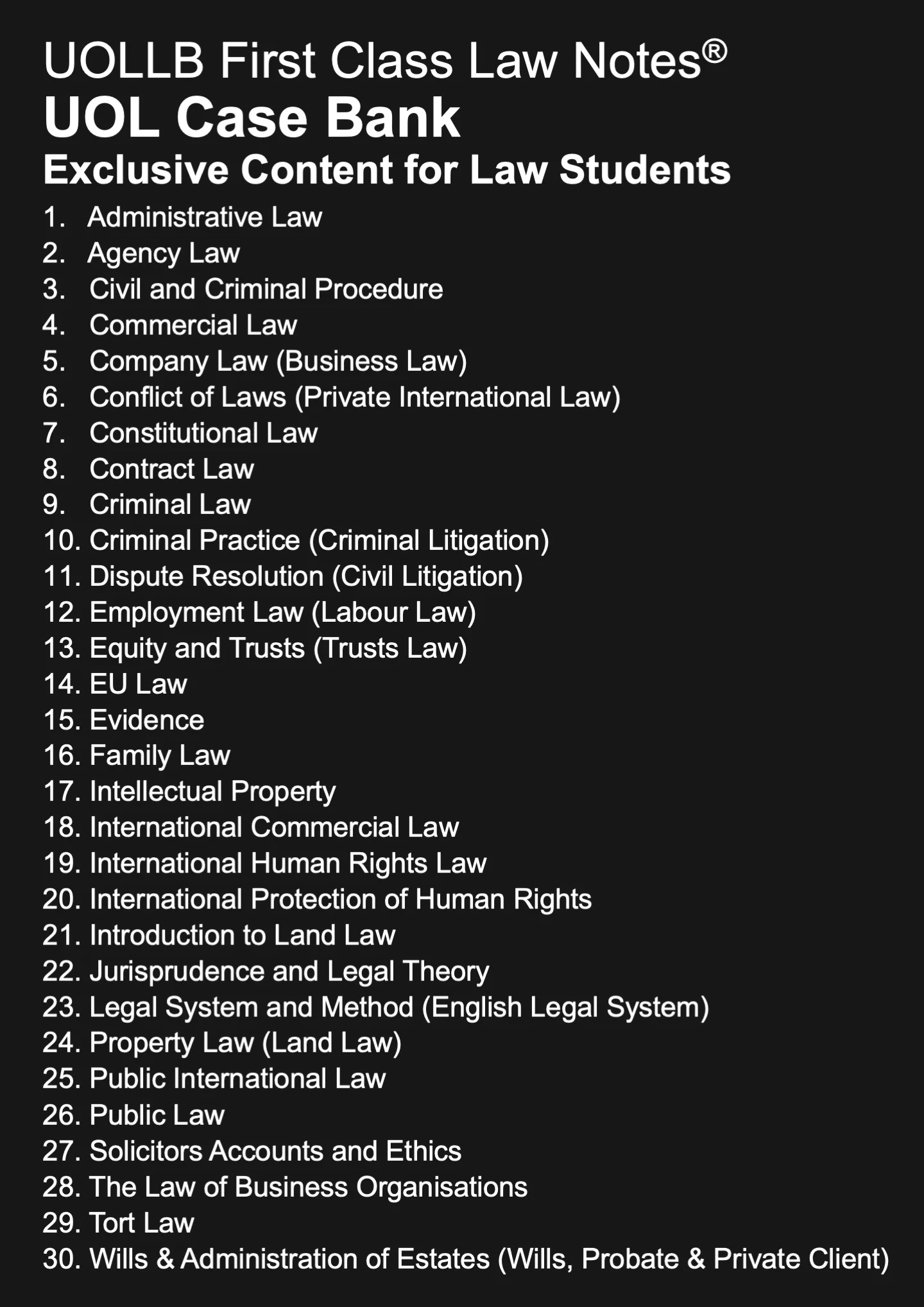Introduction to Land Law
Share
This module is an Introduction to Land Law which is a branch of law that deals with the rights, interests, and regulations related to land. It governs the ownership, use, and transfer of land, as well as the legal relationships and transactions involving land. Land law encompasses a wide range of legal concepts and principles, including property rights, land registration, leases, easements, and land use planning. Here are the topic you will learn in this module.
Introduction
The introduction to land law provides an overview of the principles, concepts, and scope of land law. It explains that land law deals with the legal rights, interests, and ownership of land, as well as the legal relationships and transactions involving land.
Land Tenure
Land tenure refers to the system by which land is held and owned. It encompasses different forms of land ownership, such as freehold (absolute ownership), leasehold (temporary ownership through a lease), and other forms of tenure, including communal or customary land tenure.
Land Titles
Land titles are legal documents that establish ownership or other interests in land. They provide evidence of ownership and serve to protect the rights and interests of landowners. Land registration systems are used to record and manage land titles, ensuring transparency and facilitating transactions.
Land Interests
Land interests refer to the various rights, privileges, or benefits that individuals or entities may have in relation to land. These can include ownership interests, leasehold interests, easements (rights of way), mortgages, restrictive covenants, or other legal rights or encumbrances.
Land Rights
Land rights encompass the legal rights that individuals or communities have over land. This includes the right to use, occupy, transfer, or exclude others from the land. Land rights may be derived from ownership, leases, licenses, or other legal arrangements.
Estates
Estates in land refer to the degree, extent, or nature of an individual's ownership or interest in land. It categorises the rights and obligations associated with land ownership, such as fee simple estates (absolute ownership), life estates (ownership for the duration of a person's life), or leasehold estates.
Possession
Possession relates to physical control or occupation of land. It is a concept of property law that recognises the rights and protections afforded to those in actual possession of land. Possession can give rise to legal rights and interests, and disputes over possession are common in land law.
Liens
Liens are legal claims or encumbrances on land that serve as security for the payment of debts or obligations. They give the creditor the right to retain possession of the land or sell it to satisfy the debt if it is not repaid. Common examples include mortgages and mechanic's liens.
Equity
Equity is a branch of law that provides remedies and principles to supplement and supplement the common law. In the context of land law, equity may come into play in cases involving trusts, equitable interests, or specific remedies related to land disputes.
Trusts
Trusts involve the legal arrangement where one party (the trustee) holds and manages land or other assets for the benefit of another party (the beneficiary). Trusts can be used to protect and manage land, ensure specific uses or purposes, or facilitate estate planning and inheritance.
Land Law deals with the legal ownership, use, possession, and transfer of land, as well as the various rights and restrictions that apply to it. Understanding these topics in land law provides a foundation for comprehending the legal principles, rights, and obligations associated with land ownership, transactions, and disputes.
Introduction
The introduction to land law provides an overview of the principles, concepts, and scope of land law. It explains that land law deals with the legal rights, interests, and ownership of land, as well as the legal relationships and transactions involving land.
Land Tenure
Land tenure refers to the system by which land is held and owned. It encompasses different forms of land ownership, such as freehold (absolute ownership), leasehold (temporary ownership through a lease), and other forms of tenure, including communal or customary land tenure.
Land Titles
Land titles are legal documents that establish ownership or other interests in land. They provide evidence of ownership and serve to protect the rights and interests of landowners. Land registration systems are used to record and manage land titles, ensuring transparency and facilitating transactions.
Land Interests
Land interests refer to the various rights, privileges, or benefits that individuals or entities may have in relation to land. These can include ownership interests, leasehold interests, easements (rights of way), mortgages, restrictive covenants, or other legal rights or encumbrances.
Land Rights
Land rights encompass the legal rights that individuals or communities have over land. This includes the right to use, occupy, transfer, or exclude others from the land. Land rights may be derived from ownership, leases, licenses, or other legal arrangements.
Estates
Estates in land refer to the degree, extent, or nature of an individual's ownership or interest in land. It categorises the rights and obligations associated with land ownership, such as fee simple estates (absolute ownership), life estates (ownership for the duration of a person's life), or leasehold estates.
Possession
Possession relates to physical control or occupation of land. It is a concept of property law that recognises the rights and protections afforded to those in actual possession of land. Possession can give rise to legal rights and interests, and disputes over possession are common in land law.
Liens
Liens are legal claims or encumbrances on land that serve as security for the payment of debts or obligations. They give the creditor the right to retain possession of the land or sell it to satisfy the debt if it is not repaid. Common examples include mortgages and mechanic's liens.
Equity
Equity is a branch of law that provides remedies and principles to supplement and supplement the common law. In the context of land law, equity may come into play in cases involving trusts, equitable interests, or specific remedies related to land disputes.
Trusts
Trusts involve the legal arrangement where one party (the trustee) holds and manages land or other assets for the benefit of another party (the beneficiary). Trusts can be used to protect and manage land, ensure specific uses or purposes, or facilitate estate planning and inheritance.
Land Law deals with the legal ownership, use, possession, and transfer of land, as well as the various rights and restrictions that apply to it. Understanding these topics in land law provides a foundation for comprehending the legal principles, rights, and obligations associated with land ownership, transactions, and disputes.

























































